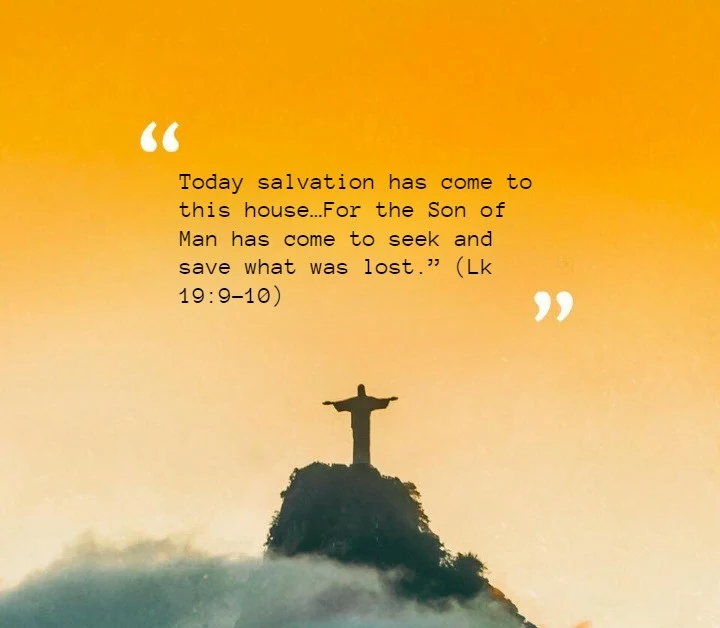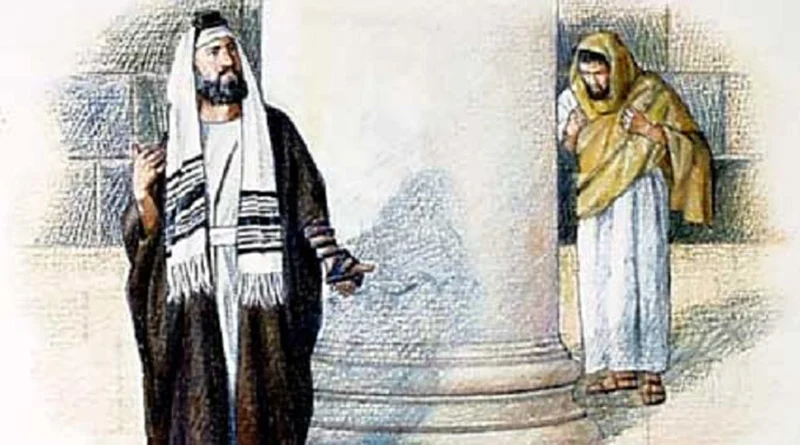The Thirty Fourth Sunday of Ordinary TimeLk 23: 35-43
Dear Friends,The Angel said to Mary, “You shall name him Jesus. He will be great and called the Son of the Most High and the Lord God will give him the throne of David his father….And Mary said, “How can this be?” (Lk 1:31-34)
On this feast of Christ the King we celebrate a “kingdom of truth and life, a kingdom of holiness and grace, a kingdom of justice, love and peace” (Preface of Christ the King). We are asked to gaze again on the Crucified Christ. We are driven to ponder Mary’s words: How can this be?
We have journeyed the year with St. Luke’s Gospel. We have been invited into the mystery where the last shall be first, and the first last. We have heard the strange teaching where we have to lose our life to save it. Even stranger, we were told to “Love your enemies, do good to those who hate you…to the person who strikes you on one cheek, offer the other as well.” (Lk 6:27-29)
As we contemplate the mangled body of our King, so many events of the Gospel journey seem like a long-faded past. The miracle worker and the healer is hidden in the agony of the Cross. Peter’s boat overflowing with the great catch, the multiplication of the loves and fishers, Bartimeaus jumping for joy with his new sight, the penitent woman rejoicing in her tears and so many other events unveiling the gracious possibilities in life. We have to ask, how is such a radical turn to darkness possible? The contradiction of the Cross goes so beyond any possible human understanding. Yet we ponder and see a crucified Savior and Messiah, a King in total poverty and apparent defeat. A leader has been abandoned by almost all. With good reason we need to ask, How can this be?
The mockery of the rulers, the soldiers and even the unrepentant thief holds the seed of the answer. “Save yourself.” Indeed, the message is one of salvation. But even to the very end Jesus is not about himself but the servant of others. In Luke’s Passion there is one theme that invites us deeper into the mystery of Jesus’ saving love: Jesus is always concerned about others. In the garden, it is the man whose ear was cut off. On the road to Calvary, he showed his sympathy for the women. This loving concern bursts out most clearly in the encounter with the good thief. With a heart unlocked by this compassionate love, Dismas is able to see a Savior and a King. “Today you will be with me in paradise.” (Lk 23:43) Luke’s pattern of reversal, the up side down world of Jesus’ Gospel, has its ultimate expression in today’s Gospel: death giving way to life! It is not only the good thief, but all of us, who celebrate the victory of a loving God answering our question, How can this be? The unconditional love of God revealed in Jesus Crucified and Jesus Risen tells us how this can be! Alleluia!


.jpg)


























